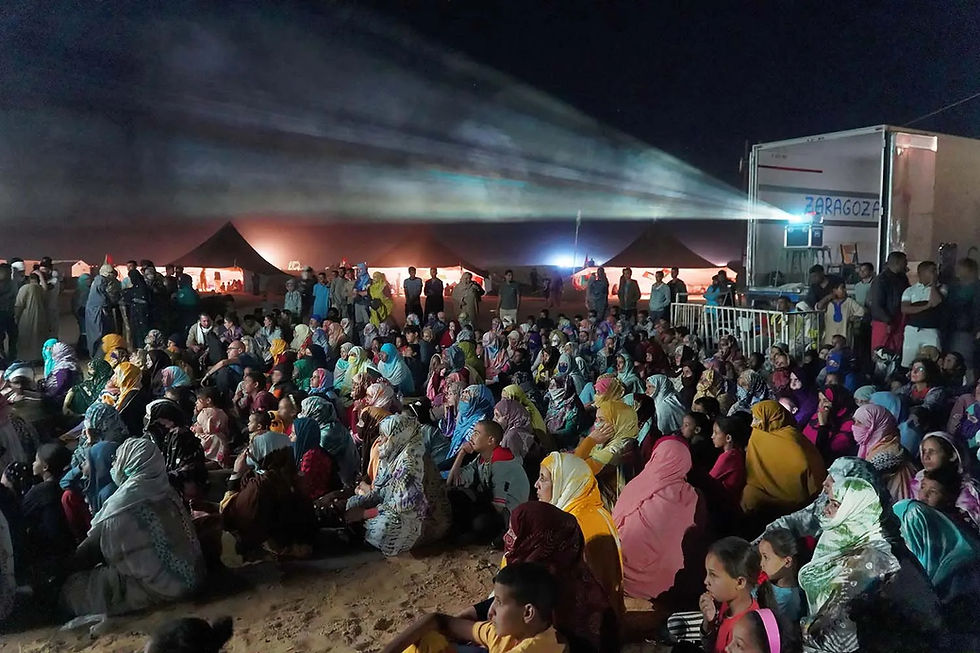Hadisur Rahman, JadeTimes Staff
H. Rahman is a Jadetimes news reporter covering Asia

As Japan approaches the eightieth anniversary of the end of World War II, Prime Minister Ishiba Shigeru finds himself at the center of a political firestorm not just over economic and electoral setbacks, but over the deeply rooted and still-unresolved battle over Japan’s wartime legacy.
Following a damaging defeat in the July 20 Upper House elections, the ruling Liberal Democratic Party (LDP) and its coalition partner Komeito lost their majority. This has emboldened both opposition leaders and conservative hardliners within the LDP to challenge Ishiba’s leadership. At the heart of their discontent lies a contentious debate over Japan’s historical memory.
Ishiba had initially indicated plans to issue a personal statement marking the eightieth anniversary of the war’s end on August 15, separate from a formal cabinet statement. However, fierce backlash from right-wing factions many aligned with the late Prime Minister Abe Shinzo has pressured him to reconsider.
Conservatives argue that Abe’s 2015 statement already established Japan’s final stance on the war. Former Economy Minister Nishimura Yasutoshi said, “I believe [a new statement] is unnecessary and will cause unnecessary confusion.”
Faced with mounting internal resistance, Ishiba may scale back his approach. Speaking before the House of Representatives Budget Committee on August 4, he acknowledged the sensitivity of the issue but reiterated its importance: “We must not let history fade away… Regardless of the formality, it is necessary to issue a statement to ensure that war never happens again.”
This clash over historical interpretation is not new. Since Prime Minister Murayama Tomiichi’s landmark 1995 apology for Japan’s colonial aggression, every major anniversary has triggered political disputes.
Murayama’s statement remains the baseline for Japan’s official stance, expressing “deep remorse” and “heartfelt apology” for Japan’s wartime actions. However, nationalists have long sought to revise this narrative, portraying Japan as a liberator rather than an aggressor during the war.
In 2015, Abe walked a fine line repeating key language from Murayama’s statement under international pressure, while subtly reframing Japan’s role in a more favorable light.
Now, revisionists are rallying around the ultranationalist Sanseito Party, which gained 15 seats in the latest election. The party champions historical revisionism and anti-immigration rhetoric, and its leaders are actively promoting alternative textbooks that present a more patriotic version of Japan’s past.
Unlike many in his party, Ishiba has voiced support for a more reflective and honest reckoning with Japan’s history. He has called the 1910 annexation of Korea a “mistake” and advocated for reconciliation with South Korea.
In a 2023 interview, he stated: “We must admit that what was a mistake was a mistake… It is vital for this region that Japan and South Korea understand one another and cooperate.”
His views align with those of Ishibashi Tanzan, a pre-war opponent of militarism and former Prime Minister. Ishiba regularly participates in a study group dedicated to Ishibashi’s legacy, alongside senior cabinet members such as Foreign Minister Iwaya Takeshi and Defense Minister Nakatani Gen.
During a speech at the Tokyo Global Dialogue, Ishiba emphasized that Japan must learn from its past to contribute to global peace: “It is time for us to revisit and review the war experience… and understand how to position ourselves in the world to create a world with more peace.”
As Japan navigates economic challenges, declining public support, and shifting global alliances, Ishiba’s handling of the anniversary could prove decisive for his political survival. Will he appease nationalist voices or reaffirm Japan’s post-war commitment to peace and contrition?
The answer may not only determine his future but also shape how the next generation of Japanese view their nation's past.


